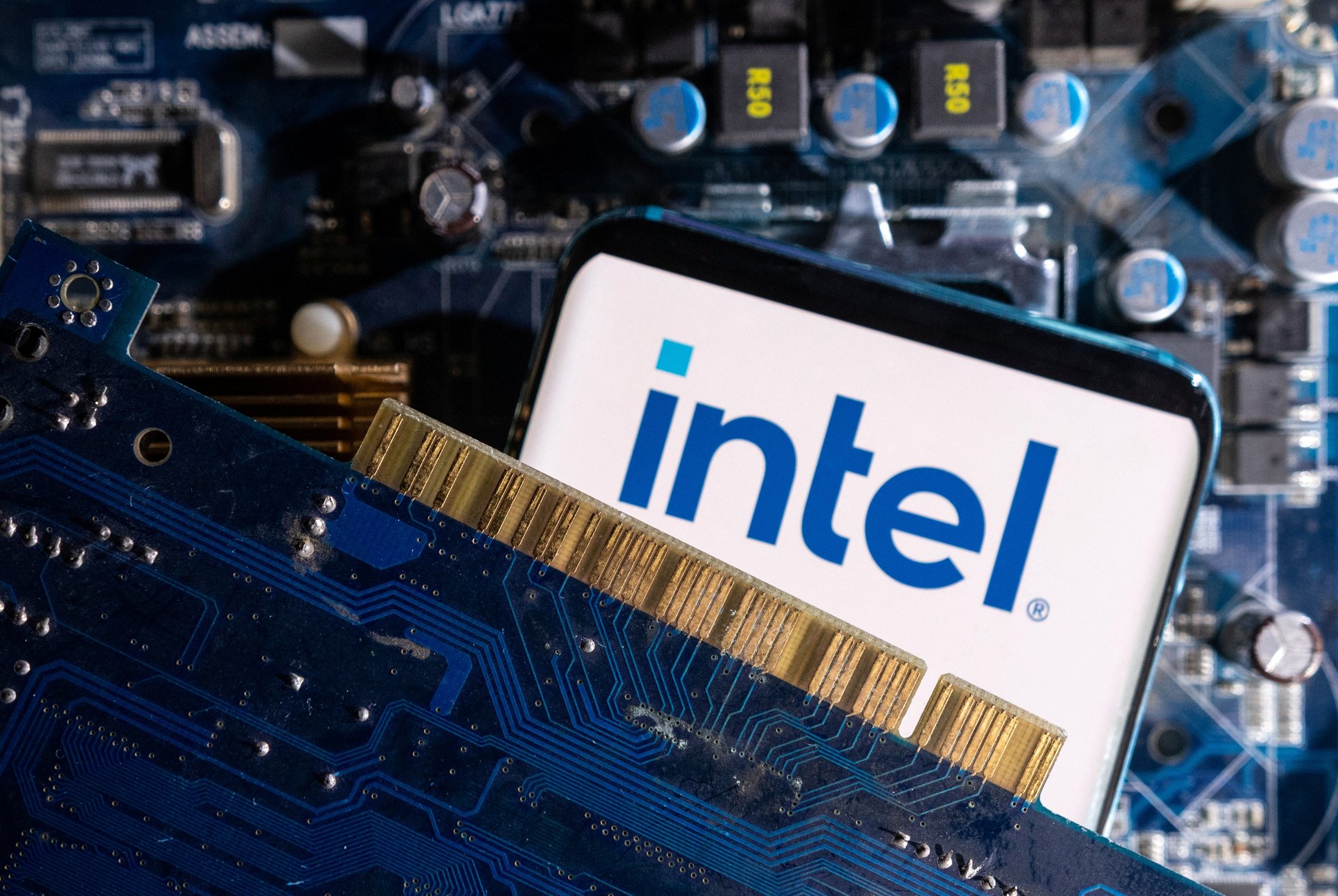AMD tried to stop Intel from selling hundreds of millions of dollars' worth of chips to Huawei, report says
Advanced Micro Devices argued that Intel's license to sell chips to the Chinese smartphone maker Huawei was unfair

One of the world’s largest chipmakers is keeping its major Chinese customer for now, after its rival tried to stop it from selling of hundreds of millions of dollars’ worth of chips to the company amid sanctions.
Suggested Reading
Advanced Micro Devices (AMD) tried to stop Intel from selling advanced chips to Shenzhen-based Huawei, Reuters reported, arguing that Intel’s license to do so was unfair because it does not have a similar license. It was joined in its efforts by other skeptics of doing business with the Chinese tech company, according to Reuters. Intel’s license was issued by former U.S. President Donald Trump’s administration in September 2020, after Huawei was put on a trade blacklist the previous year with more than 275 other Chinese firms. American companies are banned from selling to companies on the list without special permission.
Related Content
AMD reportedly applied for a license to sell similar advanced chips to Huawei in early 2021, but did not receive a response from President Joe Biden’s administration. Internal data from AMD showed the share of sales of Huawei laptops powered by AMD’s advanced processors fell from 47.1% in 2020 to 9.3% in the first half of last year, Reuters reported. Meanwhile, the data reportedly showed the share of sales of Huawei laptops with Intel’s processors rose from 52.9% to 90.7% during the same period, and that the difference between AMD and Intel’s revenue was over $512 million by early last year.
“The majority of the CPUs (central processing units) used in Huawei’s laptops is still from Intel, so any further limitation on it would make Huawei’s laptop offering quite challenging,” Emma Xu, an analyst at technology market research firm Canalys, told Reuters.
Neither AMD nor Huawei immediately responded to a request for comment, while Intel declined to comment.
Meanwhile, U.S.-based Microsoft recently announced it was tapping Intel to make more chips as it develops its AI models. Microsoft plans to use Intel’s 18A manufacturing technology to make future chips designed in-house.